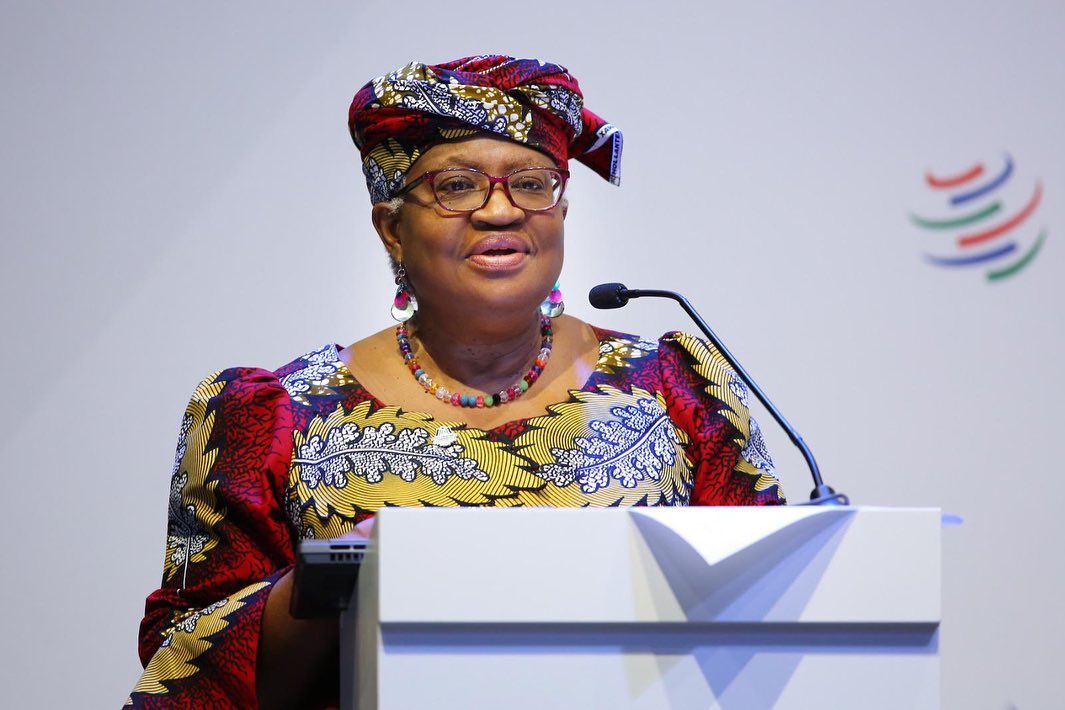King of Netherlands King Willem-Alexander makes historic apology for Slavery
On Saturday, July 1st, King Willem-Alexander of the Netherlands made a historic royal apology, expressing deep personal emotions regarding the Netherland’s role in slavery.
This apology follows an official apology by Dutch Prime Minister Mark Rutte in December 2022 on behalf of the government. Since the Black Lives Matter movement gained prominence in 2020, the Netherlands has been confronting its colonial and slave trading past, which contributed significantly to its wealth as one of the world’s richest nations.
A recent Dutch study revealed that between 1675 and 1770, the royal family accumulated 545 million euros ($595 million) in today’s value from colonies where slavery was prevalent. During the 16th and 17th centuries, the Dutch financed their prosperous “Golden Age” of empire and culture by transporting approximately 600,000 Africans as part of the slave trade, primarily to South America and the Caribbean.
During the commemoration event for “Keti Koti” (meaning “breaking the chains” in Surinamese), which marked 150 years since the abolition of slavery, thousands of descendants of slaves from Suriname and the Caribbean islands of Aruba, Bonaire, and Curacao attended the celebrations in Amsterdam.
In front of the crowd, King Willem-Alexander addressed the audience as both their king and a representative of the government, offering a personal apology that was met with loud cheers. He expressed deep empathy, stating that he felt the impact of slavery intensely within his heart and soul. Recognizing slave trading and slavery as crimes against humanity, the king acknowledged the lack of action by the monarchs and rulers of the House of Orange.
During his live televised speech, King Willem-Alexander sought forgiveness for the clear negligence and inaction displayed by previous monarchs of the House of Orange in the face of slavery. The report on Dutch involvement in slavery highlighted the significant earnings of Willem III, Willem IV, and Willem V, who were distant ancestors of the current king, emphasizing the deliberate, structural, and long-term role of the Dutch state in the slave trade.






















